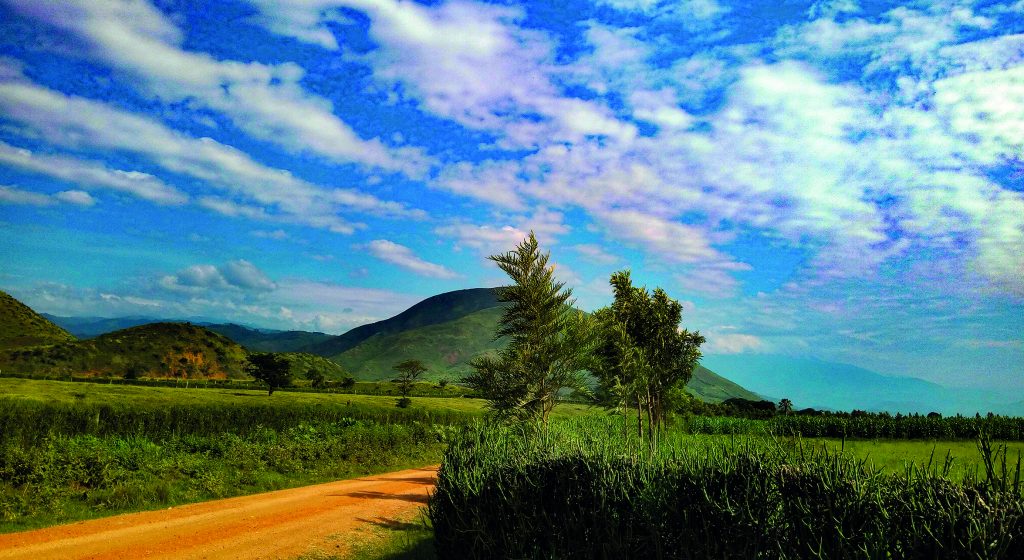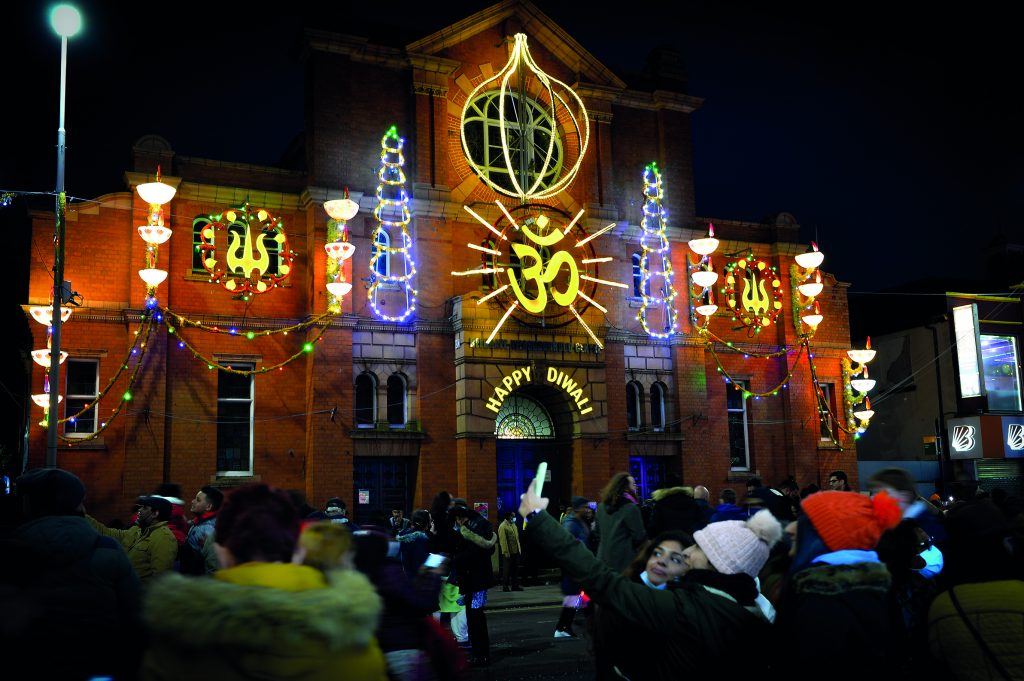“In your own interests and those of your family you should accept the advice of the Uganda resettlement board and not come to Leicester,” read the 1972 notice issued by Leicester City Council in the Ugandan Argus newspaper.

Although Leicester City Mayor, Sir Peter Soulsby, has since condemned the actions taken by the city council, the notice shows the stark reality of the bleak welcome received by many Ugandan Asians who were arriving into the city at the time.
Although Leicester’s largest group of residents with a migration background have Asian roots, primarily from India, many of the residents with Indian roots did not arrive directly from India, but rather by way of Uganda in East Africa. As subjects of British colonial rule, they came to Uganda and helped drive economic development in the country until they were forced out in the early 1970s.
As this year marks the 50th anniversary of the expulsion of Asians from Uganda, Pukaar Magazine will be marking the event with a series of articles, released throughout the year, which will tell the stories of those that lived through the tumultuous time. We’ll begin by taking a look back at the history of what happened to many people who still live and thrive in our city today.
Uganda, which was under British rule from 1894, gained its independence from the UK in 1962. On 4 August 1972, around 55,000 Asians were ordered to leave Uganda on the orders of former military ruler General Idi Amin Dada, who accused them of “sabotaging Uganda’s economy and encouraging corruption”. They were given 90 days to uproot and leave the country and could take with them the equivalent of just £50. It is important to note that at the time, they were reported to have owned around 90% of the country’s businesses and accounted for 90% of Ugandan tax revenues.
Until this day, there are varying claims amongst historians on what prompted Amin to expel Ugandan Asians from the country, ranging from an estranged dream or in retaliation to Britain’s treatment of Africa. However, it still remains one of the rare traumatic moments in history where the actions of a single man, effected the livelihoods of so many.

Initially it was said that many of the Ugandan-Asians had thought that Idi Amin’s warning was some sort of joke. After all, for many of them, the country had been all they had known to be ‘home’. But a spate of imprisonments and public beatings soon whipped up a frenzy of panic amongst the community. As the group desperately began to make arrangements to leave, many of them were stripped of their assets and possessions, with people even reported being held at gun point by officers before leaving the country to take valuable personal possessions.
Initially, responsibility for the group became a global game of political badminton with some migrants going from country to country, with some even being sent back to Uganda. Shortly after Idi Amin’s notice period, Leicester City Council launched a campaign in an attempt to dissuade Ugandan Asians from migrating to the city. At the time, the reason given was a shortage of public housing and services although this has later been disputed as a legitimate factor of concern. Despite the campaign, more than half of those — around 28,000 — who were forced to leave the place they had called home, had British passports and eventually moved to the UK, with around 20,000 of them settling in Leicester. It is significant to add that although official policy did initially discourage Asians from moving to Leicester, the negative reception was subsequently balanced by more positive measures enforced by both the legal and voluntary sectors.
Taking a walk down the Golden Mile today, it’s hard to imagine a time that Ugandan Asians didn’t occupy the city. The area surrounding Belgrave Road consists predominantly of Asian businesses, from saree emporiums to gold-laden jewellery shops. Many of the Ugandan Asians that came to the city in the seventies helped to form the strong communities in Belgrave, Melton Road and Rushey Mead by opening businesses, places of worship and community centre. The area also hosts
Outside of Leicester, the group have even been heralded as a “model immigration community” with former Prime Minister David Cameron even referring to them as, “one of the most successful groups of immigrants to any country anywhere in history.” One thing is for sure, by establishing Indian cultural institutions and cuisine, they have ensured their stamp is woven into the fabric of the city’s identity. Above all, Ugandan Asians have contributed to making Leicester a city where living together in cultural diversity is a proven success.



